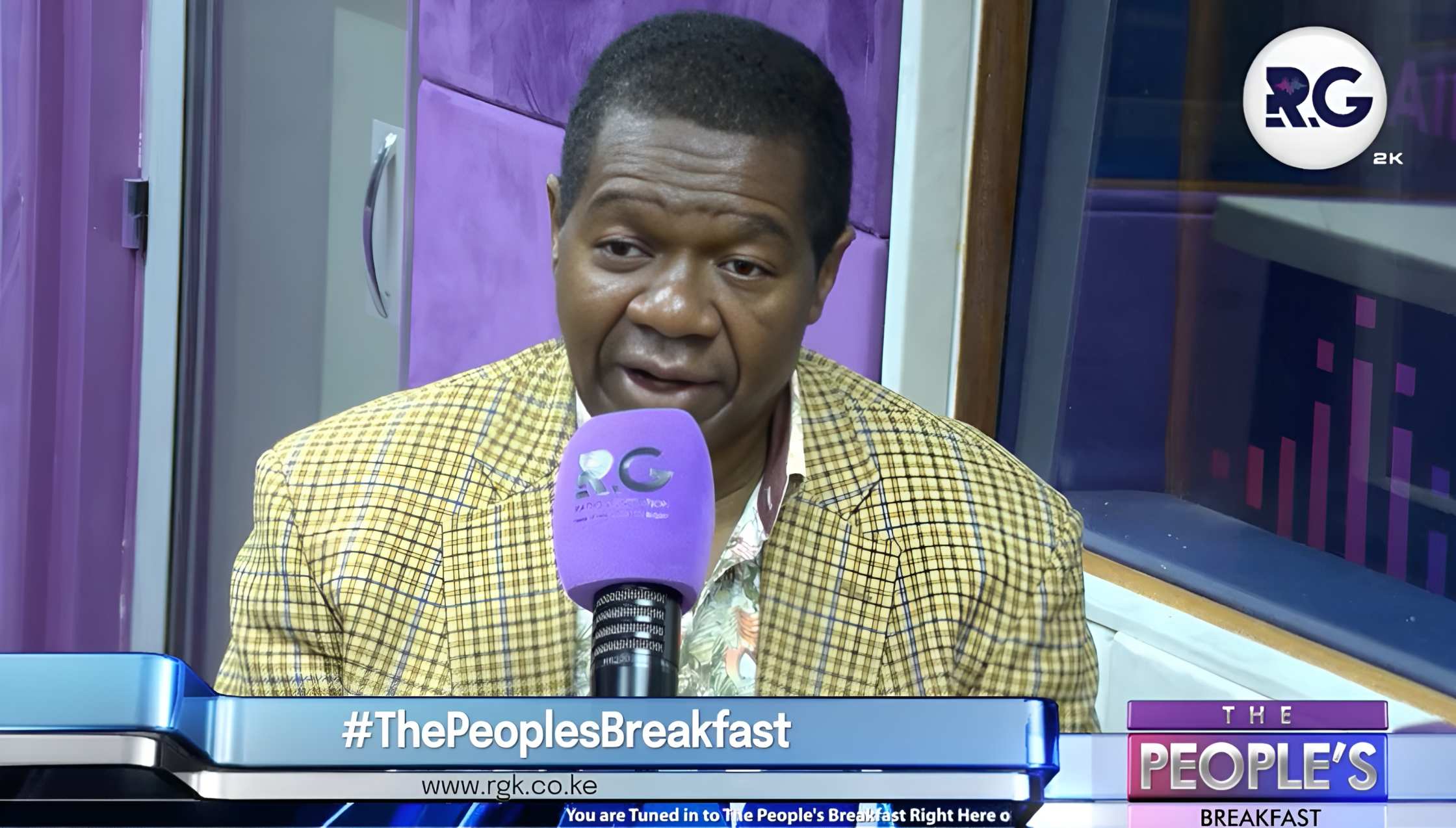Oswago: IEBC needs longer terms, six years fails stability test

Oswago said the short term limits the commissioners’ effectiveness and weakens the IEBC’s institutional memory.
Former Independent Electoral and Boundaries Commission (IEBC) CEO James Oswago has said the current six-year term for commissioners at the electoral agency is too short and unproductive, and must be extended to give the commission enough time to build experience, credibility, and consistency in managing elections.
Speaking during an interview with Radio Generation, Oswago said the short term limits the commissioners’ effectiveness and weakens the IEBC’s institutional memory.
He argued that commissioners do not serve long enough to understand the complex workings of the institution or gain practical experience from one election cycle to the next.
“Today, it is six years. I think I just showed you why six years is, I don’t want to use the word ridiculous—but it’s awkward. It’s not sufficient and is awkward because unproductive, if not negative at all,” he said on Tuesday.
Oswago served as IEBC CEO from 2009 to 2013.
He was among the 37 individuals who applied for the position of IEBC chairperson early this to succeed the late Wafula Chebukati.
The former CEO proposed that IEBC commissioners should serve for a period of between 12 and 15 years, saying this would allow them to grow within the institution, contribute to reforms, and manage more than one general election.
“My suggestion is that six years is wrong. It’s inadequate,” he said.
He pointed to India as a useful example for Kenya. With 900 million voters, one million election workers, and 10,000 polling stations, India successfully runs elections with only three commissioners: a Chief Commissioner, a Deputy, and one other.
Oswago explained that in India, the election body is structured in a way that ensures continuity through a built-in succession plan.
“The arrangement is that when the Commissioner retires, automatically the Deputy becomes the Commissioner. And when the Deputy becomes Commissioner, the one who was Commissioner becomes Deputy Commissioner,” he stated.
According to Oswago, this structure guarantees long-term leadership and practical exposure.
“What it means is that it is structured in such a manner that by the time you become the Commissioner or the Chief Commissioner, you have run three or four elections. Meaning you’ve been there for 10 years to be at the top ,” he added
Oswago explained further saying that this allows commissioners to deeply understand electoral systems, learn from past challenges, and lead with practical experience.
At the same time, Oswago said legal reforms are also needed to fix the problem of long-standing vacancies at the IEBC, which have crippled the commission’s work in the past. He said there must be a permanent system in place that ensures immediate filling of positions once a vacancy occurs.
“It is unacceptable that there should be vacancies lasting long periods, that IEBC, instead of having six commissioners, has two for four years, that we can have two years without a commission. It is unacceptable,” he said.
Oswago argued that the law should provide for a clear, automatic replacement process that is free from political interference.
“So there’s a need to have a permanent structure that makes sure that when a vacancy occurs in IEBC, those vacancies are promptly filled. And the mechanism should be such that it removes those extraneous political factors that I’ve mentioned earlier, in the initial stage,” he said.
He added that this mechanism does not need to be complex.
“The law has just established that when a vacancy occurs, you trigger the mechanism, it is filled in, and it works. That is what happens.”
In addition, Oswago insisted that once a solid team is in place, the focus should shift to performance, not waiting on political decisions to fill positions.
“Now once you build that team, it doesn’t have to be a team, a walking team. The law just needs to trigger the process when a vacancy occurs,” he pointed out.
Oswago concluded by saying that both term limits and the appointment process must be reviewed urgently if Kenya is serious about building a strong, stable, and respected electoral commission.
Before the IEBC was fully constituted earlier in the month, it had remained partially vacant since 2023 when some of its commissioners exited office, while its chair, Wafula Chebukati, died in February 2025.
The current electoral agency's commissioners, who have officially taken office after being sworn in on July 11, 2025, are Erastus Ethekon (chairman) and commissioners Ann Nderitu, Moses Mukhwana, Mary Sorobit, Hassan Noor Hassan, Francis Aduol, and Fahima Abdallah (vice chair).
